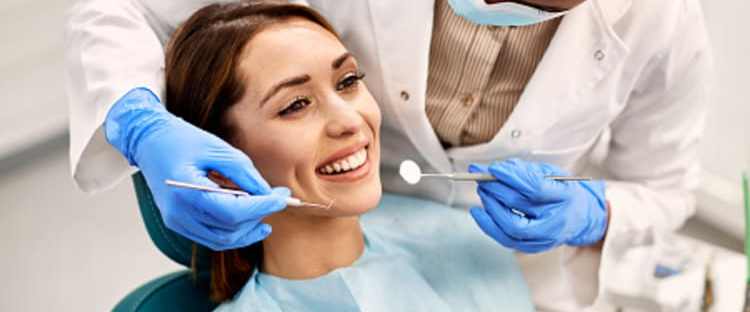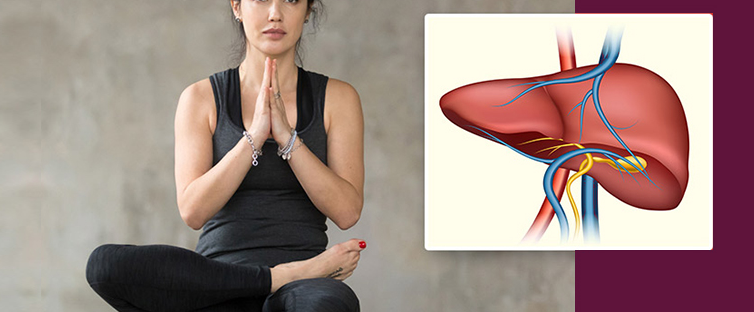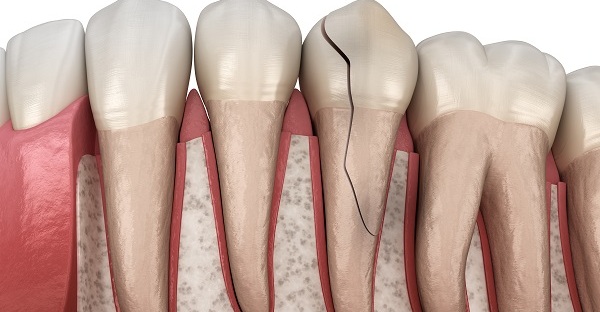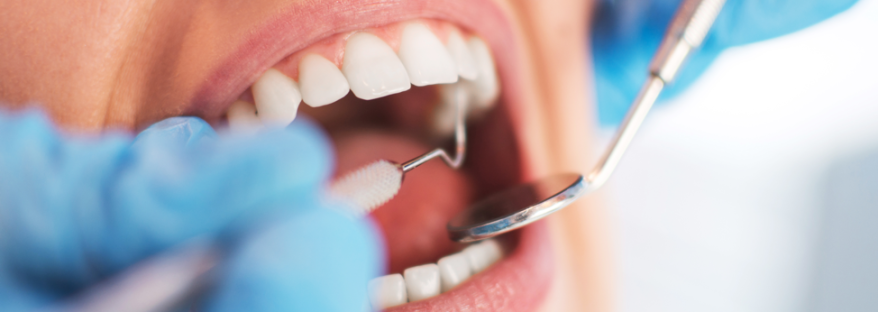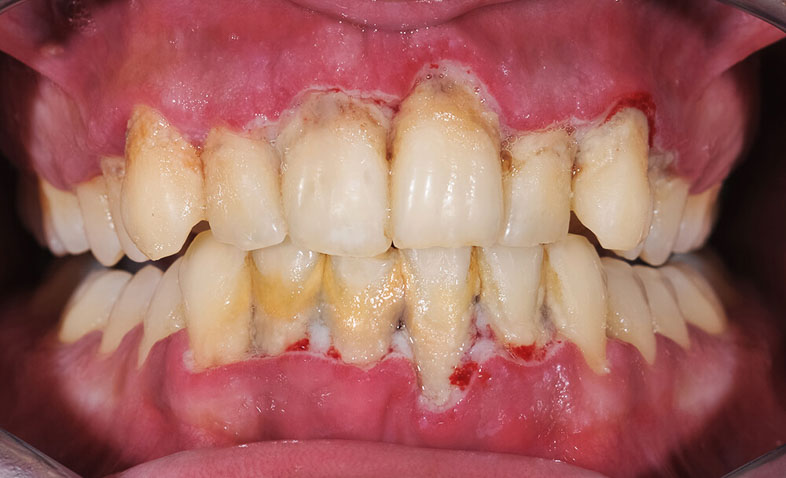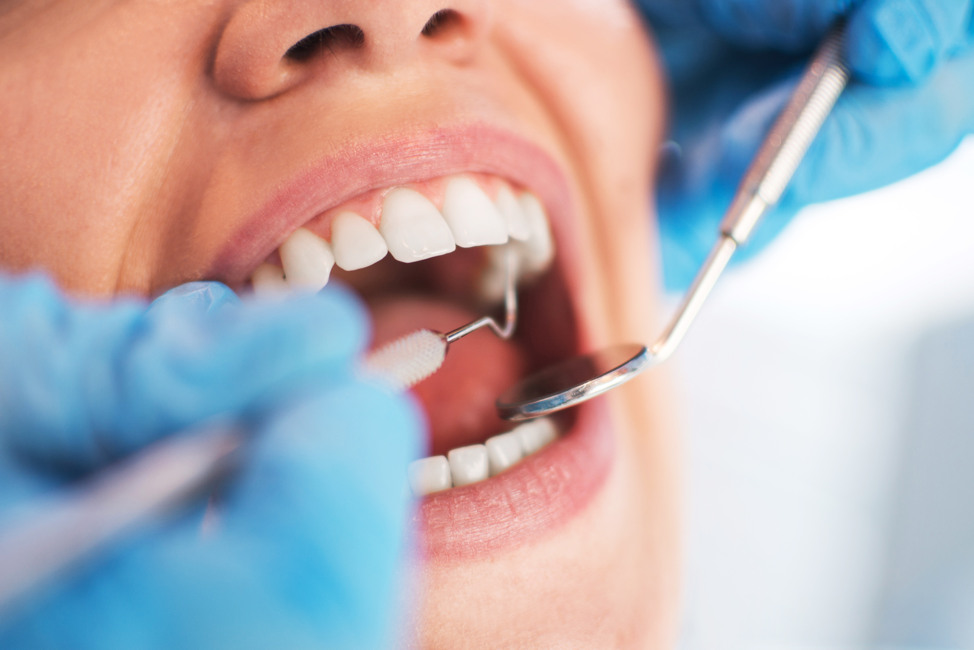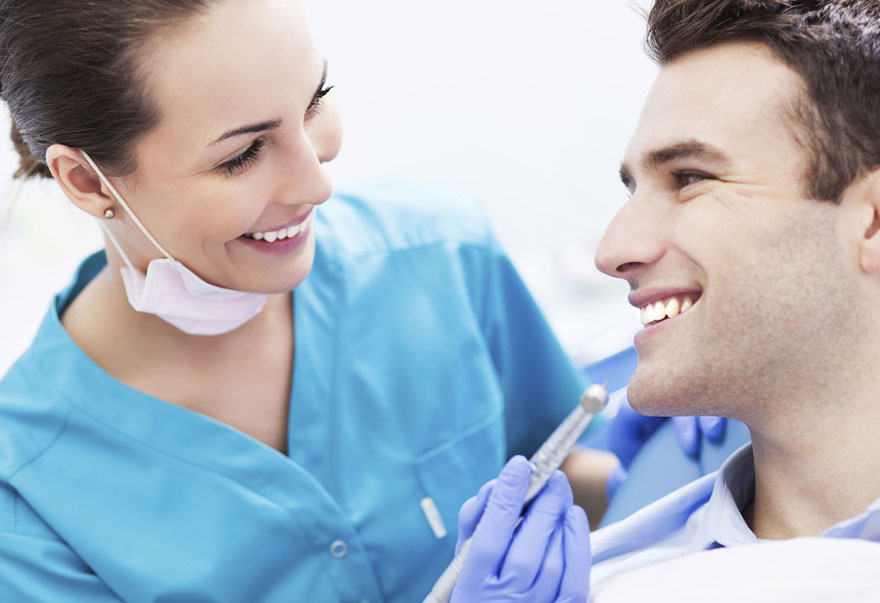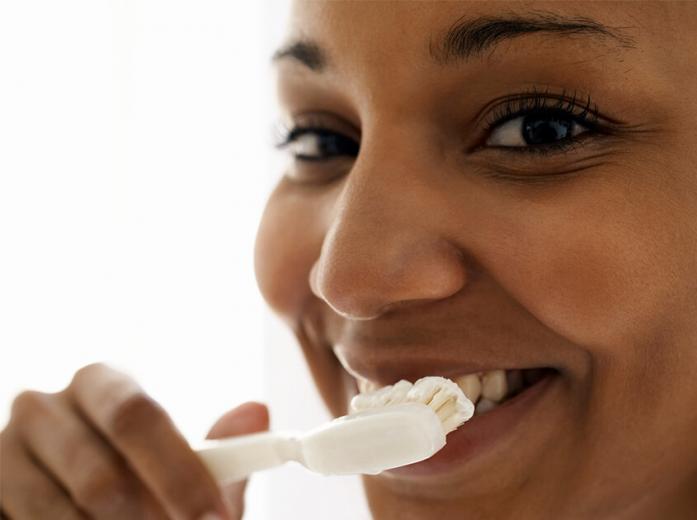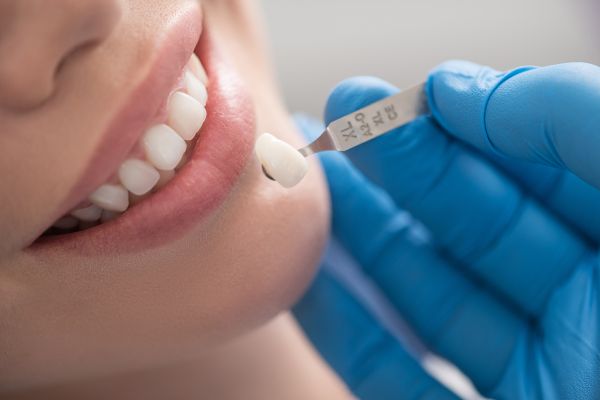I recently suffered pain. I can’t put into words exactly how that pain felt but it consumed my day and kept me awake at night. The source of that pain? My left hand lower first premolar, known in the trade as ‘tooth 21’. I think I’ve been lucky with my dental health, never really having to trouble a dentist.
Read : Best Cost Dental Implants Surgery, Treatment Hospital in India
I sought help. I called 111. Despite the rumours of long call times, they answered quickly and offered a great deal of sympathy. Not just sympathy though, action too. I was booked in for an emergency examination at Fern Cottage Dental Practice in Hoyland Common.
On arrival it was clear to the receptionist I was nervous. I’m not afraid to say it but had a deep fear of dentists; Marathon Man and the Little Shop of Horrors are to blame.
Read: Dental Implant Treatment in India
A quick examination showed I was due an extraction but to make things easier for me I was booked in as an NHS patient to Cudworth Dental Practice on Barnsley Road.
On arrival each staff member I engaged with at Cudworth understood how visiting a dentist can make folk nervous. They were brilliant in making me feel at ease and the extraction of ‘tooth 21’ went without a hitch; I genuinely didn’t feel a thing.
This week I had an opportunity to speak with a recently retired dentist at a community event in Darfield. We discussed my recent experience, and he explained how NHS dentistry is close to collapse in England.
Read: Dental Implant Cost in India – Updated 2023
Dentists are closing their practice doors to NHS patients – not because the demand isn’t there but because a broken dental contract means dentists are pushed into the private sector to keep their practice financially afloat.
Is it any wonder that tooth decay is the commonest reason for hospital admission among children aged five to nine for the past three years? It doesn’t have to be like this. Why not rewrite a new NHS dental contract that places patients first?
Why not compel dentistry graduates to work for the NHS post-graduation for at least three years rather than move direct into private practice as they can just now? After all the NHS subsidised their training.
Why not train dental hygienists to carry out oral examinations in the same way that medical practice nurses have taken over some of the basic tasks that GPs don’t have time to carry out?
Read: Age stress no more! – Health and Wellness Blog
Urgent action is required to ensure that the poorest and most vulnerable in society can continue to access dental care, but we can’t rely on this Conservative government to fix it. Under their watch NHS dentistry has been pushed to the brink and patients are waiting in pain for longer than ever.
The Tory ‘NHS Long Term Plan’ in 2019 made only one reference to dentistry. Integrated Care Boards have been established but don’t include dentists. The Conservatives don’t have a plan to fix NHS dentistry; they are out of touch, out of ideas and out of time. Just like my ‘tooth 21’ it’s time they experienced an extraction of their own.
